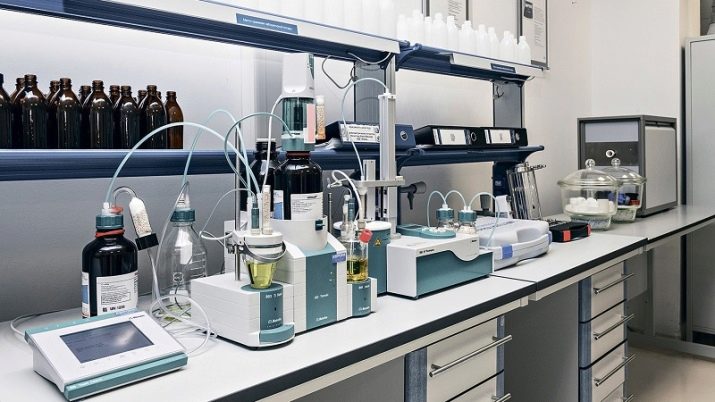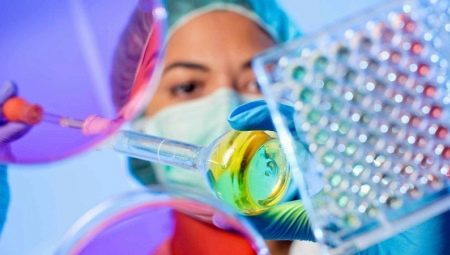Those who are still interested in chemistry at school may find the profession suitable. process chemist. This specialty is always in demand, it is promising, attractive in terms of career growth and professional self-development. At a variety of enterprises - from oil production to cosmetic factories - such specialists work.
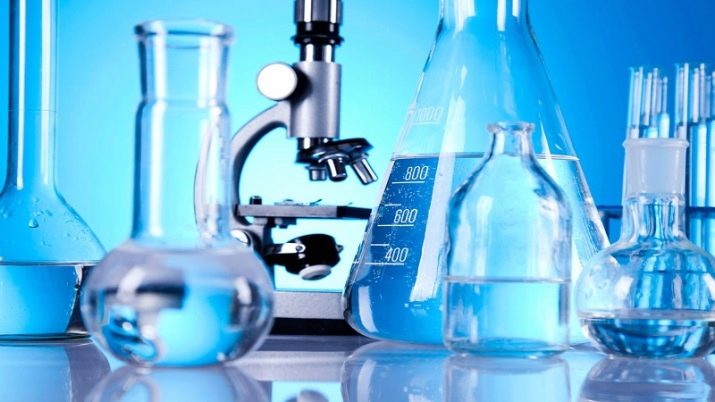
Features
A process chemist can work at an enterprise, but within the same profession he can engage in research activities. The profession appeared along with the chemical industry itself. In the 15th century, factories began to open in Europe, where salts and alkalis, acids for the manufacture of medicines and dyes were produced. Each new discovery in the field of chemistry became a new milestone in the evolution of the profession itself.
A simple example: at the beginning of the last century, equipment for the synthesis of ammonia on an industrial scale was invented. And the use of this equipment in the agrochemical industry led to the emergence of a large area of the economy - the production of mineral fertilizers. Closer to the middle of the last century, theoretical works on chain reactions saw the light, which were able to find practical application in the manufacture of plastics, resins, artificial fibers (synthetics).
The work of a modern chemist-technologist is the optimization of an existing production or the creation of a new product in cosmetology and pharmacology, the pulp and paper industry, at metallurgical and oil refineries, at military facilities, etc. The specialist is engaged in the creation of an object for consumption or a production tool with certain properties.The result of his work should have the capabilities of production on an industrial scale according to the algorithm.
Specialist should get acquainted with various samples, study their composition, analyze properties, determine costs and waste, ways of recycling production waste. First, the chemist-technologist controls the samples of incoming raw materials and consumables, then - the quality of the finished product, its compliance with the stated criteria. A process chemist can combine practical activities with scientific activities. It can also be part of the administrative link.
A modern specialist needs not only in-depth knowledge of the chemical industry, but also an understanding of management as a tool for promotion in the profession.
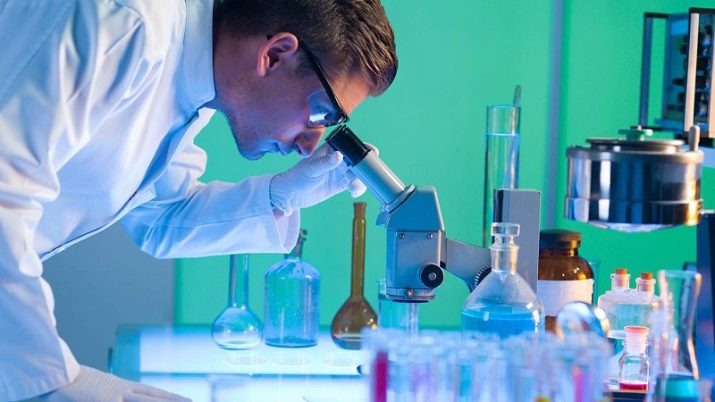
The description of the profession will be incomplete without listing its pros and cons.
The advantages of the specialty include the following:
- An interesting profession for those who are sincerely passionate about chemistry;
- work does not imply uniformity;
- the profession is developing, scientific research is promoting industry, and with today's focus on environmental friendliness of production, those companies that can move in this direction will be in demand;
- if a person wants to combine practice and scientific activity, this profession has all the possibilities for this;
- work in a large team, in large enterprises;
- business trips, participation in forums, exhibitions, scientific conferences are possible;
- a good salary if the specialist is in demand and works, for example, in a large, prosperous factory or factory.
But there are also disadvantages:
- They can be called side effects of the work - vibration, noise, interaction with reagents, solutions (but the risks are minimized by special equipment and safety precautions);
- starting opportunities should be high - you need to study well at school, most likely, even choose a chemical-biological profile.
All the pros and cons are subjective: it all depends on the person himself. If the matter is sincerely interesting to him, if he has the abilities and needs for professional development, all the disadvantages will be insignificant.
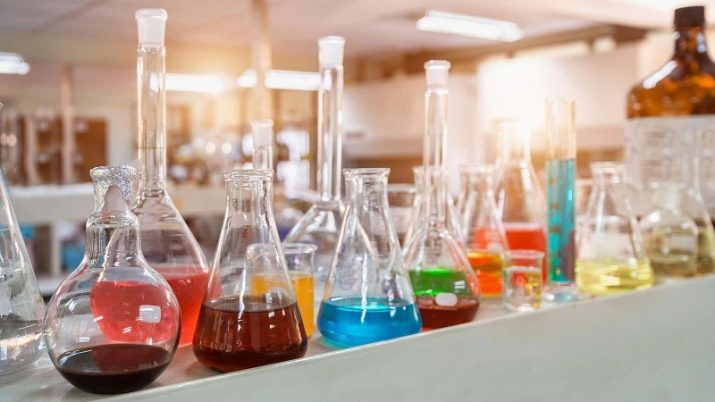
Responsibilities
Responsibilities are strictly prescribed in the job description. Industry specifics are making adjustments.
The basic responsibilities of a chemical technologist in any industry are as follows:
- the study of the chemical properties of a material or substance, as well as its compounds during a physicochemical experiment;
- processing and interpretation of the results of experiments;
- designing, as well as manufacturing, on the basis of the obtained experimental data, new versions of the product with other physicochemical properties;
- the implementation of chemical examination of the properties of a product, the study of the possibilities of using this product in the national economy;
- technological control of chemical processes during the launch of the product into mass production;
- research on the impact of production, storage and waste on the environmental profile of the environment.
Certainly, industry specifics add own points to this list, but The main list of duties of a specialist in any field looks exactly like this. Responsibilities also change during the professional advancement of a chemist-technologist. For example, an ordinary employee can become a chief specialist, a leading chemist-technologist. In this case, he is responsible for the development of the company's production, expansion of the range of products, its improvement. The chemist-technologist may also occupy an administrative post. In this case, he will have to show organizational abilities, as he becomes a managerial link.
Finally, the chemist-technologist can choose a scientific direction (or combine it with the practical sphere), in which case the chemist studies in depth the theory of the development of new technologies.
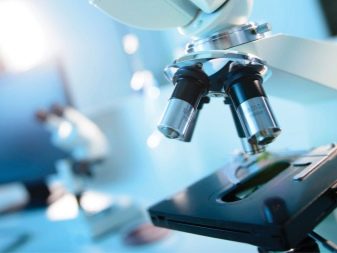
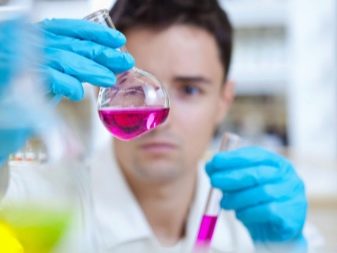
Knowledge and skills
This item may also consist of a fairly long list. It is worth listing the most important competencies of a specialist.
What a chemical technologist should know.
- Principles and methodology of scientific research and experiment.
- The order of work on the release of new products (substances, compositions).
- Technologies and rules for the use of professional equipment, tuning and repair of equipment.
- Work with professional process software.
- The basics of competent (primarily from a legal point of view) filling out various documents - from the work schedule to the preparation of estimates and requests for supplies.
- Basics of analytical information processing, reporting and work plans.
- The basics of economic knowledge regarding the effectiveness of the company in its profile, as well as the economic feasibility of launching new technologies (or increasing the range) by developing and introducing an innovative product.
- Principles and technologies of product quality control.
- The main competencies associated with the management of the team, the work of units, management in their industry.
Modern chemical technologist - A specialist who is constantly studying and striving for self-development in the profession. It used to be that professional knowledge and skills should be updated every 3 years. Today this figure can be reduced. Technological progress, the emergence of a dominant digital market, new forms of marketing, new environmental standards are forcing specialists to adapt to the innovations of the time and professionally meet these needs.
It will not be superfluous to note that a good specialist should know foreign languages. Mandatory English today is often a requirement for employment: international contacts of the enterprise, projects with foreign companies, and finally, compliance with international protocols requires reliable knowledge of at least basic English.
It’s great if the future specialist started thinking about this in his school years.

Education
As noted above, back in school you can choose a class with a biological and chemical profile, so as not only to better prepare yourself for admission to the appropriate university, but also to precisely determine your profession. The specialty is in demand, the competition for it is high, training just can not be called simple. Therefore, school pre-training will not be ordinary reinsurance. Well, do not forget about all the same English, which will greatly increase the competitiveness of the future young specialist. In the university you need to choose specialty "Chemical technology", this is the main specialty in which future chemists and technologists can study.
There are alternatives (narrow profiling):
- chemical technology of organic substances;
- chemical technology of materials of modern energy;
- chemical compound control technology, etc.
You can also become a chemical technologist by getting an education in such specialties as “Biotechnology”, “Fundamental and Applied Chemistry”, as well as “Materials Science, Materials Technologies”. You can start training in a vocational school. This is far from the worst option: it’s easier to go to college, and during the training you can understand whether the profession is chosen. At a university, understanding this will be more dramatic. Finally, after graduation, the young specialist can already work, simultaneously combining professional practice with study at the university.
The best universities in this specialty - This, of course, MSTU. N.E. Bauman, Moscow Polytechnic University, RCTU named after D. Mendeleev, SPbGLTU im. S. Kirova, KNITU (Kazan), TIK (Tyumen), Samara State Technical University (Samara), etc. Those girls and boys who have a primary idea of the profession should enter a specialized institution. If a person is able to act according to the algorithm, observe the discipline of labor, realizing that the life of people can even depend on his work (after all, he is responsible for the quality of the manufactured products), you can act.
Future professional chemist-technologist help accuracy and perseverance, attention to detail, high performance. If a person has a physiologically well-developed sense of smell and color perception, he has good prospects in the profession. But if an applicant has an allergy, this is tantamount to unsuitability.
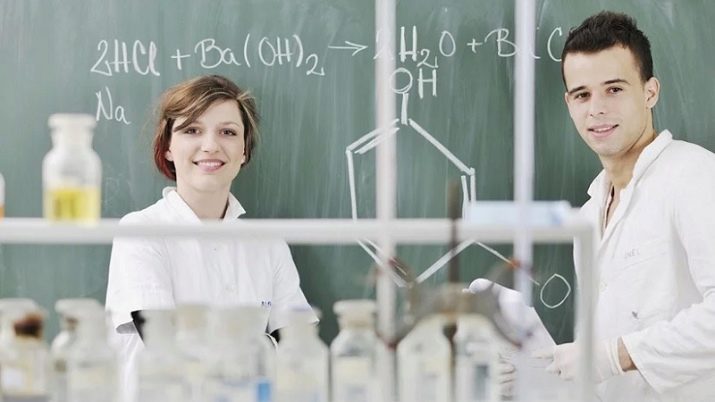
Where does it work?
The place of work of the chemist-technologist may beresearch center, practical laboratory, industry. Specialists work in the pharmaceutical and food industries, in the oil company and in the manufacture of cosmetics. A specialist can work and in a medical facility. Someone falls into distribution for production related to the technology of organic substances, and finds himself in this industry.
There are many cases of how, for example, a specialist came to cosmetic production and eventually opened its brand, based on our own development. This profession can be called quite universal, especially if the place of employment is a large city. Chemists-technologists are also involved in startups, where they as part of a team are working on some innovative product. And even students sometimes get into such projects.
As for salary, there can be a big runaway. From an almost unprofitable plant on the periphery with a salary of 25,000 to a large company in Moscow with a monthly income of 100,000. It all depends on the place of work, city, and prospects. You can start with a laboratory assistant and in a few years grow up to a process engineer.
Development in the research direction can also bring financial dividends and professional self-development, satisfaction in the profession.
